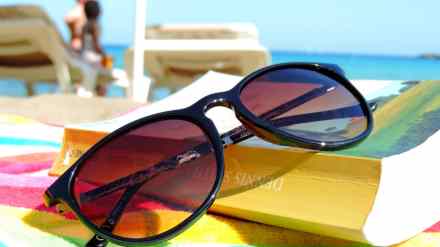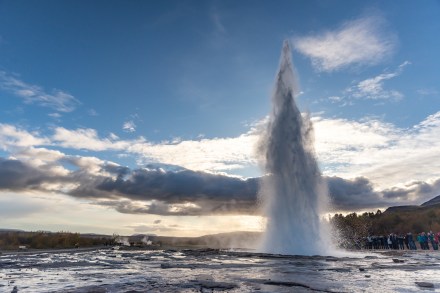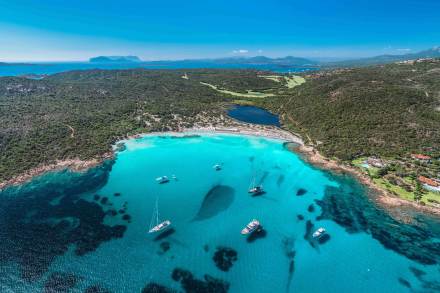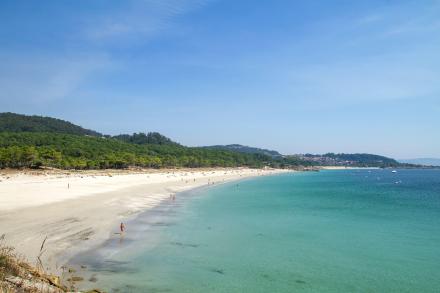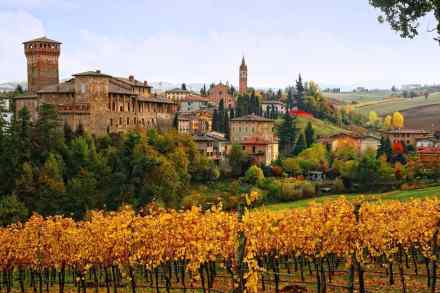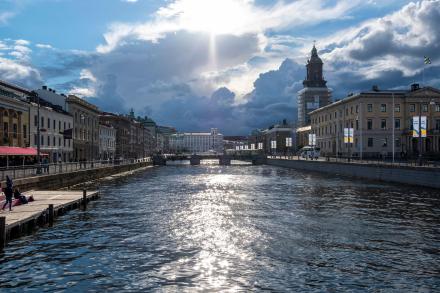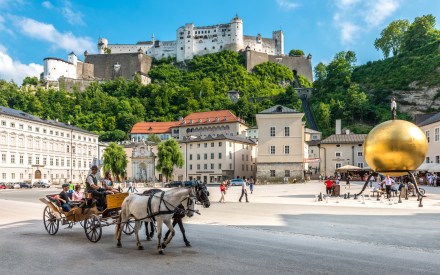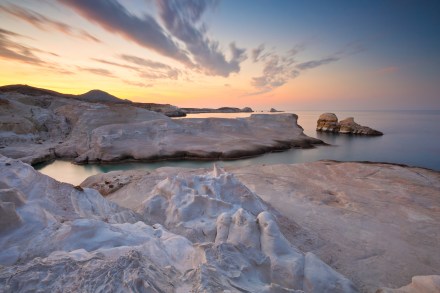They do things differently in the Cotswolds
The Season has ended and – apart from The Spectator’s summer bash of course – the two bang-up parties of July were discos in the Cotswolds. They do things differently there. At Jemima Goldsmith’s I danced so hard in high heels with a selection of her handsome young swains that I suspect the double hip replacement will be sooner rather than later. At Carrie and Boris’s Daylesford wedding do in a magical flower-filled field we all busted out our best moves. I was taught the slut-drop by Liz Hurley years ago in Nick Coleridge’s party barn in Worcestershire. She demonstrated how to collapse to the floor like a broken deckchair




